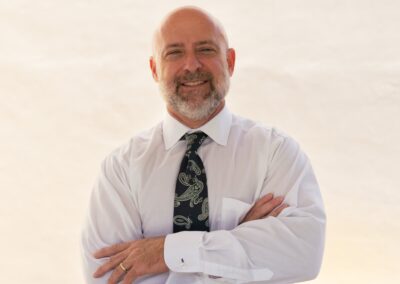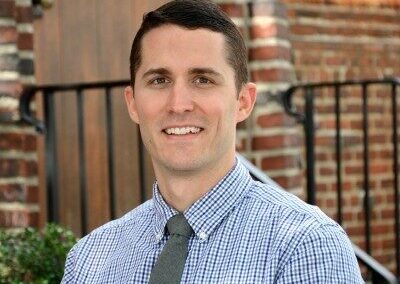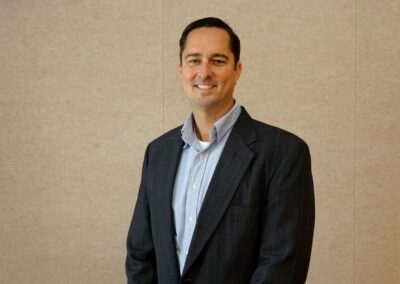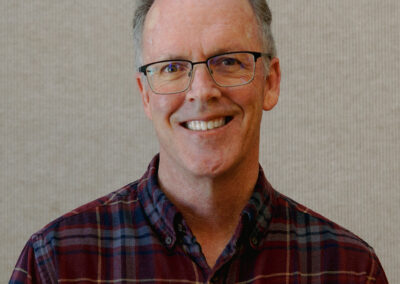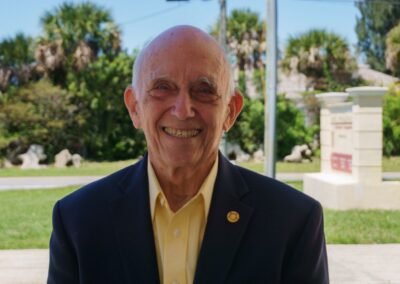Our Leadership and Staff
Our Elders
There were elders of the people for the government of the Old Testament Church and in the New Testament Church. In the New Testament Church the office of elder was instituted by God through the apostles to provide for the leadership of individual churches which the apostles had founded (). Besides the apostles and the ministers, there were elders who ruled. To the office of ruling elder are chosen men of wisdom, discretion, sound faith and godly life, and who are qualified under the standards recorded in Scripture. Qualifications for holding the office of elder are given in the Pastoral Epistles (; ). Ruling elders are chosen by voting members of the congregation and are their immediate representatives. The session strives to fulfill their responsibility as shepherds of the flock by actively teaching and overseeing the ministries of the church. Together with the ministers, they exercise government and discipline. They oversee the spiritual interests both of the particular congregation and of the Church generally when appointed to represent the congregation in the higher courts. In all the courts of the Church ruling elders possess the same authority and the same eligibility to office as ministers. It is the responsibility of ruling elders, both individually and jointly, to guard and promote the spiritual welfare of the congregation. They are required by their office to visit the people, especially the sick, and pray with them, to comfort the sorrowing, encourage the weak, guide the wayward and the careless, and, in general, to discharge all other duties in Christian love. Although ruling elders do represent congregations by election, they are to seek the will of God in all church court decisions.
A scribe asked the Christ “Which commandment is the most important of all?” and Jesus answered, “The most important is, ‘Hear, O Israel: The Lord our God, the Lord is one. And you shall love the Lord your God with all your heart and with all your soul and with all your mind and with all your strength.’ The second is this: ‘You shall love your neighbor as yourself.’ There is no other commandment greater than these.” (: 28-31). This is the duty of the elder, to assist believers in achieving what seems an unobtainable goal. This is a daunting task that is humbling yet rewarding. We rejoice in those moments when we can make a motion to baptize a Covenant child or serve the sacrament of the Lord’s Supper. We are humbled when we must unite against ungodliness. We rejoice with Holy Spirit as our senior pastor proclaims the full council of God. The shepherding function of elder involves the exercise of spiritual headship and authority and this authority implies responsibility before God for the souls of those entrusted to our care ().
Our Deacons
The title “deacon” comes from the Greek words diakonos (servant) and diakonia (service). The Bible consistently teaches that deacons should be godly men who are above reproach. Although the Bible doesn’t list specific responsibilities for deacons, it does list their qualifications.
In , Paul says, “In like manner must the deacons be grave, not double-tongued, not given to much wine, not greedy of filthy lucre, holding the mystery of the faith in a pure conscience. And let these also first be proved; then let them use the office of a deacon, being found blameless. Even so must their wives be grave, not slanderers, sober-minded, faithful in all things. Let the deacons be husbands of one wife, ruling their children and their own houses well. For they that have used the office of a deacon well purchase to themselves a good standing, and great boldness in the faith which is in Christ Jesus.”
Faith’s Diaconate has six active members each serving a three year term, with two rotating off each year. Replacements are nominated annually by the congregation and Nominating Committee, with the committee’s prayerful recommendations being presented to the Session and then to the congregation in the fall for their election.
Diaconate responsibilities are divided into six major categories: Chairman, Secretary, Mercy and Benevolence, Finance, Interior and Exterior.
A report is presented to the Session at their monthly meeting, usually by the chairman, containing the latest Diaconate minutes and monthly financial report. The unity of Faith’s Diaconate has paved the way for conducting business with mutual respect, friendship, and integrity. A spirit of teamwork embodies your diaconate with each deacon actively pursuing the fiscal and financial health of the church in addition to meeting needs of mercy and benevolence. Please contact any of the deacons with your concerns, ideas or needs.
Additional Staff Members
![]()
